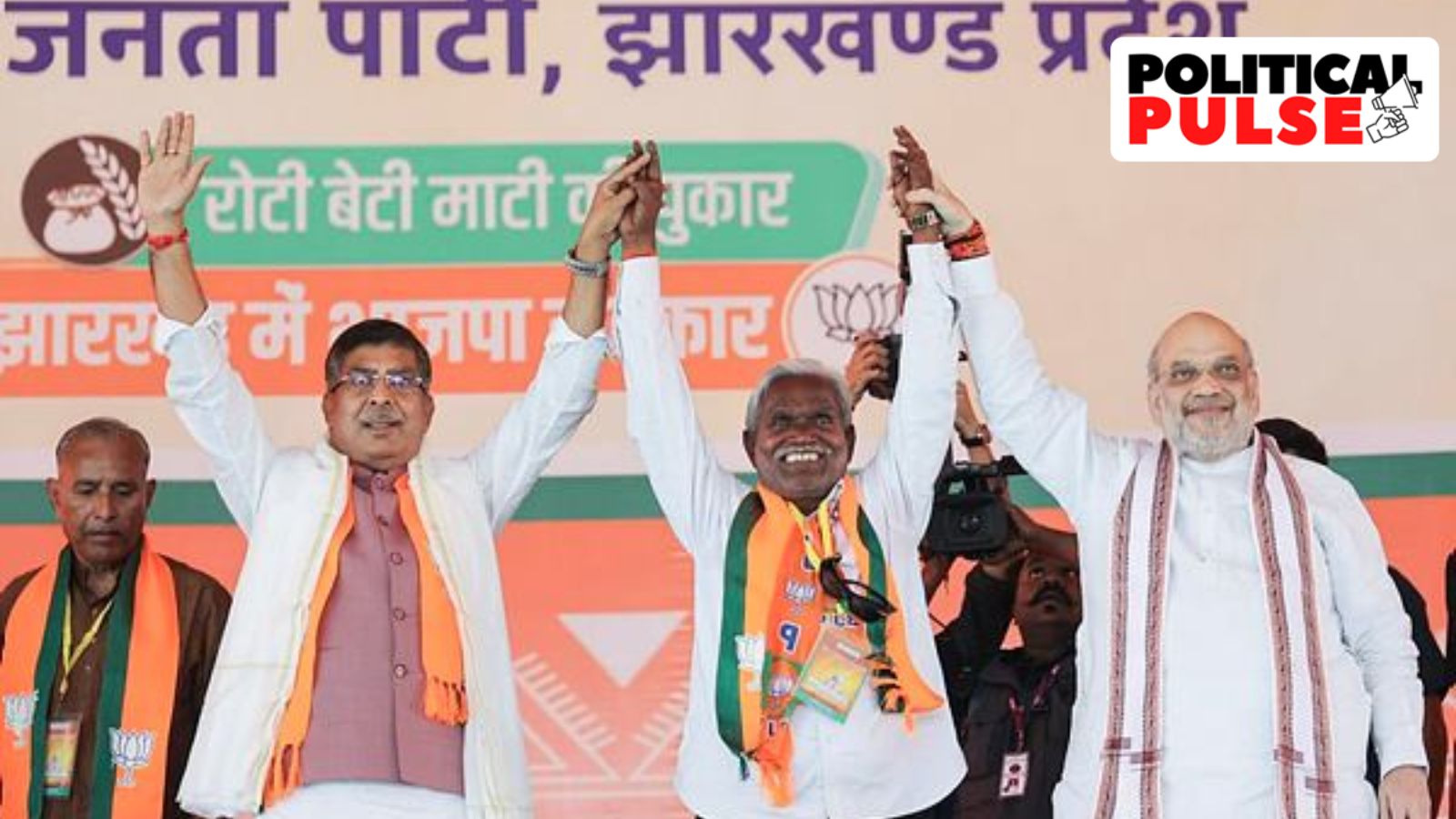 |
|
The upcoming Jharkhand Assembly elections have brought to the forefront the BJP's strategy of campaigning on the issue of 'love jihad' and infiltration by 'illegal immigrants' from Bangladesh, particularly in tribal regions. The Kolhan region, comprising East Singhbhum, Seraikela Kharsawan, and West Singhbhum districts, holds significant importance as it elects 14 MLAs and will be the first to vote on November 13th. Despite the BJP's efforts to capitalize on these issues, there's a growing sense of skepticism among tribal communities regarding the party's claims and its implications for their land rights and cultural identity.
The BJP's campaign strategy focuses on portraying a sense of threat posed by outsiders to the tribal community, particularly through the allegation of 'love jihad' where Muslim men are accused of marrying tribal women to usurp land. However, this narrative has met with strong resistance from the tribal population who argue that such claims are baseless and aimed at creating divisions within the community. They point out that their own traditional customs and land ownership rights already provide safeguards against such scenarios. The BJP's past attempts to amend the Chota Nagpur Tenancy Act and Santhal Pargana Act, which aimed at creating a land bank, further fueled distrust among the tribals who feared displacement and loss of their cultural identity.
The JMM, Congress, and RJD coalition, which won the 2019 Assembly elections, have strong support among tribal communities. The JMM's Maiya Samman Yojana, which provides monthly cash benefits to women, has been a significant factor in garnering support. Moreover, tribal leaders and activists have highlighted the need for political parties to prioritize development and economic empowerment instead of resorting to divisive tactics that exploit tribal anxieties. They stress the importance of preserving tribal identity and ensuring their land rights remain protected, advocating for policies that promote sustainable development and upliftment of the community.
The BJP's attempts to paint Sarna tribals as 'Hindus' and highlight alleged mass conversions to Christianity have also been met with resistance. The focus on religious conversion and the 'love jihad' narrative are seen as deliberate efforts to create polarization between different tribal groups and exploit existing religious sentiments. The tribal community, however, maintains that their cultural and religious beliefs are distinct from the broader Hindu identity and that their traditions and practices are rooted in their indigenous heritage. The BJP's attempts to impose a monolithic Hindu identity on them are seen as an assault on their autonomy and self-determination.
While the BJP's campaign strategy may have succeeded in some regions, the skepticism and resistance it has faced in tribal areas highlights the complex dynamics of the Jharkhand elections. The issue of land rights, tribal identity, and cultural preservation have emerged as key concerns for the tribal community, and any party seeking to win their support must address these concerns with sensitivity and respect. The campaign has also shed light on the challenges of promoting inter-community harmony and countering the divisive rhetoric that often accompanies elections. The outcome of the elections will be crucial in determining the political landscape of Jharkhand and the future of the state's tribal communities.
Source: Few takers for BJP ‘love’, ‘land’ jihad among tribals in Jharkhand areas which vote first
